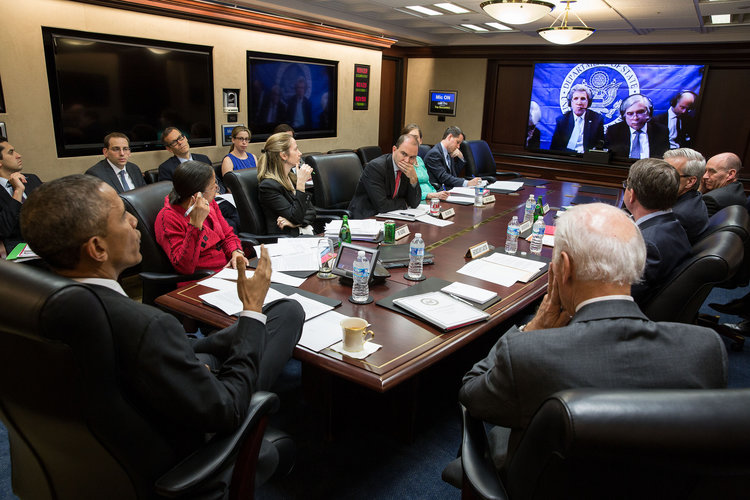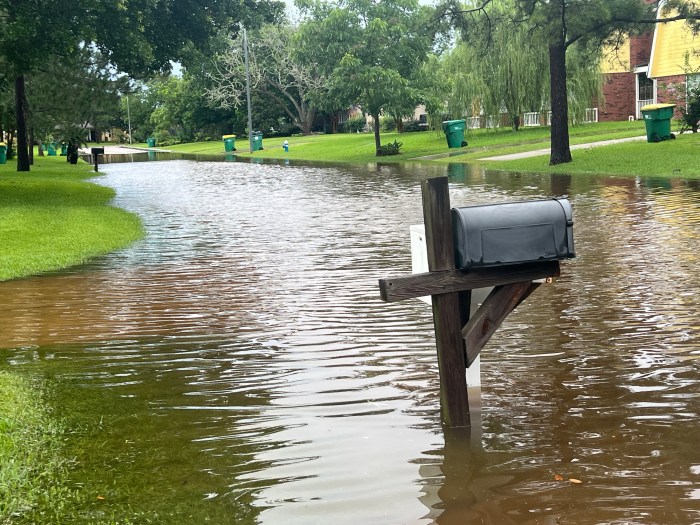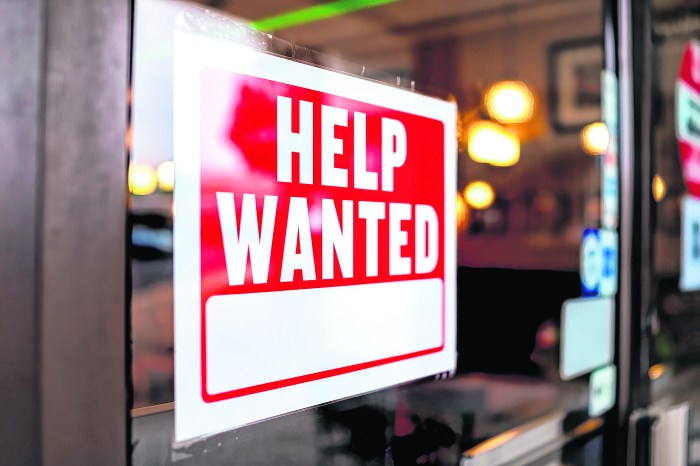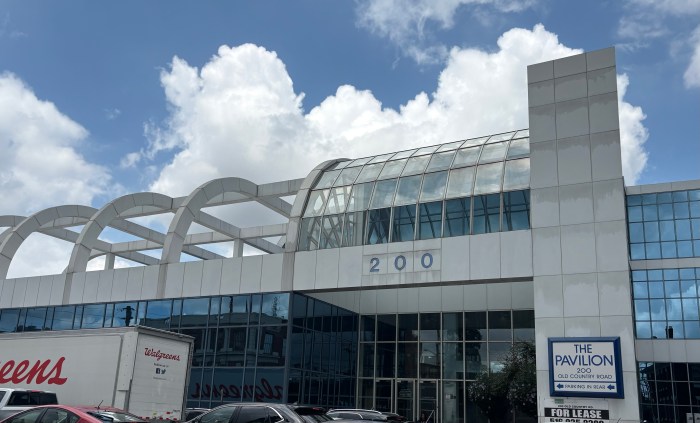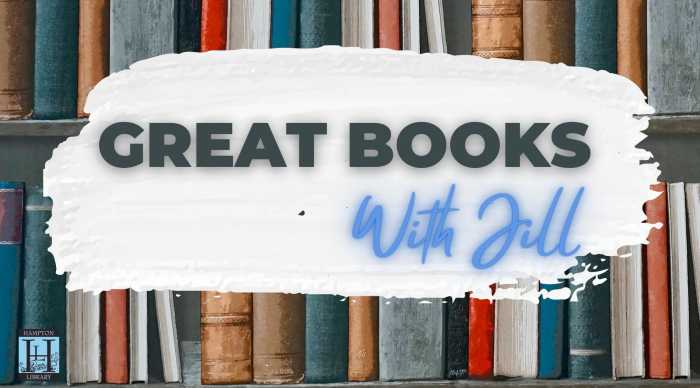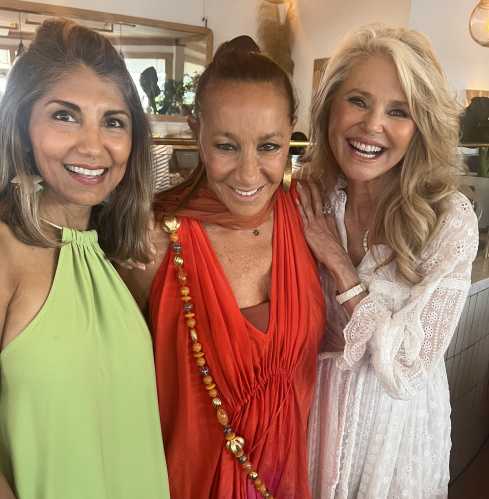For all 36 years of Alireza Hedayati’s time on this planet he’s only known one thing about his parents’ home country and their adopted one: long-festering animosity that, until recently, threatened any hope of future diplomatic relations.
With all the political maneuvering between the west and the Middle East, it seems even decades-long enemies can agree on some things. And they have, for the moment.
On Thursday, the US and five other world powers along with Iran agreed to a comprehensive framework that officials said, if implemented in its entirety, could prevent Iran from building a nuclear weapon. In return, Iran would receive relief from sanctions that have crippled its economy—a strategy President Barack Obama heralded as important to bringing Iran to the negotiating table.
Found solutions. Ready to start drafting immediately.
— Javad Zarif (@JZarif) April 2, 2015
Big day: #EU, P5+1, and #Iran now have parameters to resolve major issues on nuclear program. Back to work soon on a final deal.
— John Kerry (@JohnKerry) April 2, 2015
The news spawned emotional celebrations in Iran and relief and excitement for Iranian expatriates and their families on Long Island. But some Iranian Americans also expressed a measure of guarded optimism, knowing full well that one small miscue could destroy two years of intense negotiations.
“I don’t think anyone would’ve thought we could even get this far,” said Hedayati, who was born the same year of the Iran’s Islamic Revolution in 1979, on Friday. “And everyone is keeping their fingers crossed to complete it.”
Hedayati, an attorney from Roslyn, sits on the board of the Long Island-based Iranian American Society of New York. But he said he was speaking solely as an individual and not on behalf of his fellow board members or the organization, a nonprofit that is apolitical and is not religious.
Hedayati and other Long Island Iranian Americans interviewed by the Press said they were mostly excited for Iranians who have struggled to cope under the weight of unprecedented sanctions imposed on Iran for covert nuclear activities.
“The people are the ones suffering,” he said. “That type of relief will definitely be good.”
“I was really excited and happy for everyone, both Americans and Iranians,” said Shamila Dilmaghani, 32, of Jericho. “I thought it was a great step forward after not having relations for over 30 years.”
Dilmaghani, whose parents left Iran during the revolution and later planted their roots in Oyster Bay Cove, believes the deal could also lead to a better understanding between the two cultures.
Dilmaghani, a senior training program manager at Weill Cornell Medical Center, was monitoring social media when the news of a tentative deal was first reported early Thursday afternoon. Scrawling down her Facebook page, she smiled as one-by-one her friends posted reactions to the news and feverishly shared news stories from media outlets.
“To see how much its impacting [people] there…it means more to them because of sanctions and hardships,” she said.
Until the June 30 deadline for all sides to agree upon the accord, members of Congress, Iranian officials and Iranian communities in both the US and Iran will pore over the details. At home, officials have already promised an unprecedented level of transparency regarding the details, perhaps to better sell it to skeptical Americans.
The dust barely settled by the time experts and armchair analysts began picking apart the deal, trying to establish winners and losers.
But Kayvon Afshari, the director of communications for the American Iranian Council, a think tank based in New Jersey, sees this as positive news for Iran, the US, and the five other world powers pushing for the accord.
“This deal is definitely good for both sides as long as both parties deliver on their commitment,” said Afshari, who holds a master’s degree in international relations. “Certainly it’s a win for diplomacy,” he added, “and a resounding ‘no’ for war.”
Afshari, who grew up in Upper Brookville but now lives in Brooklyn, is also the host and executive producer of an online satirical show called The Mideast Show. Like many other observers, he was enthusiastic about the details presented in the initial framework.
“I was surprised by how specific they were on the concessions on both sides as well as the extent of those concessions,” he said. “I think it goes a long way to assure the international community” that Iran’s nuclear ambitions “will remain peaceful, and it provides verification measures for that.”
The deal also comes at a particularly sensitive time for both countries. As the framework for a deal was being negotiated, both Iran and the US found themselves on the same side in the battle against the so-called Islamic State in Iraq and on opposite ends of Yemen’s civil war.
All interested parties know that at any time the deal could buckle and eventually implode.
Jericho’s Dilmaghani said she’s not prepared to immediately embrace Thursday’s agreement.
“I almost don’t want to celebrate too much because I don’t want to be disappointed,” she said.




